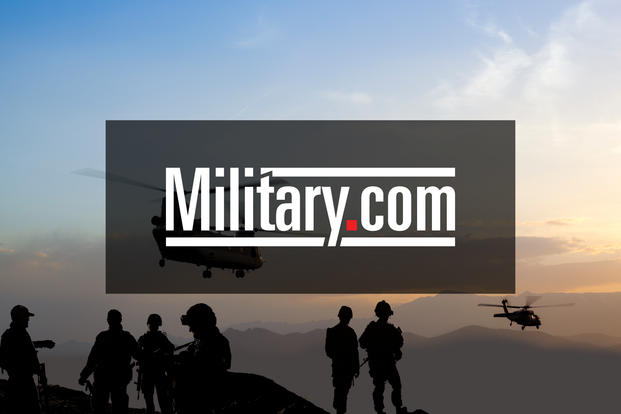Army Gen. Curtis M. Scaparrotti said Tuesday that the U.S. should block sales of the F-35 Joint Strike Fighter to Turkey if it goes ahead with its plan to buy the advanced S-400 anti-air missile system from Russia.
"My best military advice is that we don't follow through" on supplying F-35s to NATO ally Turkey unless it backs out of the S-400 deal with Moscow, said Scaparrotti, who is dual-hatted as head of U.S. European Command and Supreme Allied Commander of NATO.
At a Senate Armed Services Committee hearing, Scaparrotti said he has two reasons for objecting to Turkey getting the S-400 system, which Russia has billed as a weapons system to counter the F-35 in its sales pitch to Turkey, Arab states and China.
"If they accept the S-400 to establish it in Turkey, there is first the issue that it's not interoperable with NATO systems, nor is it interoperable inside of our integrated missile defense system," he said.
Related content:
- The Air Force Needs Army's Help to Best Russia's S-400 Missile Battery
- US Still Hopes to Sway Turkey to Buy Patriot Missiles over S-400
- Lawmakers Again Attempt to Block F-35 Sale to Turkey
"The second has to do with the F-35. It presents a problem to all of our aircraft, but specifically the F-35, I believe," Scaparrotti said.
The dispute over the F-35 sale comes at a time of increasing friction between the U.S. and Turkish President Recep Tayyip Erdogan over concerns about the way forward in Syria as the U.S. plans to withdraw troops, as well as Turkey's growing ties with Iran and Russia.
Since 2017, Turkey has been negotiating the estimated $2.5 billion purchase of the mobile S-400 system, dubbed the SA-21 Growler by NATO and called the Triumf system by Russia.
In a two-day visit to Turkey last April, Russian President Vladimir Putin said, "A priority task in the sphere of military technical cooperation is the implementation of the contract for supplies of S-400 Triumf missile systems to Turkey."
Then-Turkish Defense Minister Fikri Isik said that Turkey was turning to Moscow after the U.S. and NATO allies refused help in upgrading its air defenses. "They don't agree to the transfer of technologies in the sphere of air defense systems to us" and "do not make price concessions," he said.
Under previous agreements with the U.S., Turkey also had plans to buy more than 100 F-35As, the conventional takeoff and landing model of the stealth fighter. Turkish pilots are already training on the F-35 at Luke Air Force Base, Arizona.
"I can confirm we have two Turkish jets [from the proposed sale] here at Luke flying in the 63rd Fighter Squadron and several Turkish pilots in training to fly the F-35," 56th Fighter Wing spokeswoman Maj. Rebecca Heyse said Tuesday. "All our jets at Luke are pooled within the squadrons, so on any day U.S. pilots assigned to the 63rd could be flying Turkish or USAF jets while the Turkish pilots could be flying Turkish or USAF jets."
To counter the Russian S-400 sale, the U.S. State Department in December approved the potential sale to Turkey of the Patriot missile system and related equipment for $3.5 billion.
The U.S. offer, if it were accepted by Turkey and approved by Congress, would include 80 Patriot MIM-104E Guidance Enhanced Missiles (GEM-T), 60 PAC-3 Missile Segment Enhancement (MSE) missiles, and related equipment, the State Department said.
"This is a huge decision for Turkey. I would hope that they reconsider this one decision on S-400," Scaparrotti said under questioning by Sen. Jeanne Shaheen, D-New Hampshire, at the hearing.
On Tuesday, Deputy Assistant Secretary of State Matthew Palmer and James Jeffrey, the U.S. special envoy for Syria, were in Ankara for meetings with their Turkish counterparts. Palmer was expected to focus on the S-400 sale and the potential risk that going ahead with the deal would scrap the U.S. agreement to sell F-35s to Turkey, the Hurriyet Daily News reported.
-- Oriana Pawlyk contributed to this report.
-- Richard Sisk can be reached at Richard.Sisk@Military.com.










